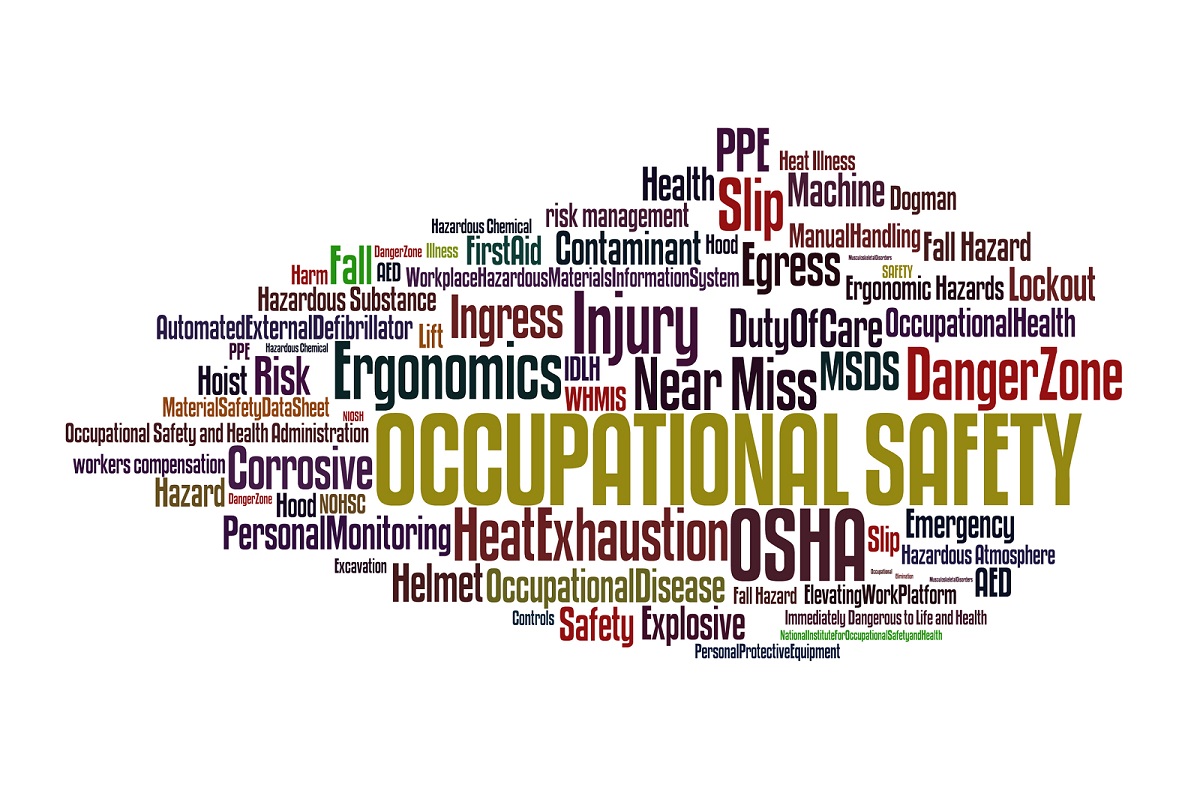OIG Work Plan Updates Related to COVID-19

The Office of Inspector General’s (OIG) Work Plan sets forth various projects including OIG audits and evaluations that are underway or planned to be addressed by the OIG during the fiscal year. The OIG updates its Work Plan monthly. The July 2020 Work Plan updates include six items directly related to the COVID-19 pandemic and includes the following:
1. CDC Collection and Use of Data on Disparities in COVID-19 Cases and Outcomes
The OIG notes that with emerging information on rates of infection and outcomes for COVID-19 cases, numerous reports document a disproportionate burden of infection and deaths among communities of color and economically disadvantaged communities. This OIG study will examine data that the Centers for Disease Control and Prevention (CDC) collects and maintains that can be used to assess racial, ethnic, and socioeconomic disparities in COVID-19 cases and outcomes, as well as how CDC uses those data as part of its activities to address the COVID-19 pandemic. The OIG will also examine CDC’s lessons learned about how to best protect communities of color and economically disadvantaged communities in future public health emergencies.
2. Geographic Distribution of Provider Relief Funds to Communities Disproportionately Impacted by Adverse COVID-19 Outcomes
The OIG notes that as information on infection and outcomes for the ongoing COVID-19 pandemic emerges, numerous reports document racial, ethnic, and socioeconomic disparities in rates of adverse outcomes from COVID-19, including death. This OIG study will review the locations of hospitals that received Provider Relief Funds, with particular attention to hospitals located in communities of color and economically disadvantaged communities that were disproportionately impacted by adverse COVID-19 outcomes (i.e., hospitalization or death).
3. Audit of CMS Controls Over the Expanded Accelerated and Advance Payment Program Payments and Recovery
The OIG will provide details of the effectiveness of the Centers for Medicare & Medicaid Services (CMS) controls over its Accelerated and Advance Payment Program (AAP) payments to providers and payment recovery. They will obtain data and meet with program officials to understand the CMS’s eligibility determination process for AAP payments and the steps the CMS has taken to recover such funds in compliance with the CARES Act and other federal requirements. The objectives of this work will be to determine whether the CMS made AAP payments to eligible providers and implemented controls to recover the AAP payments in compliance with the CARES Act and other federal requirements. The OIG will also evaluate a select group of providers to determine whether they were eligible for AAP payments, and their efforts to pay the CMS in compliance with the CARES Act and other federal requirements.
4. Medicaid: Expedited Provider Enrollment During the COVID-19 Pandemic
As a result of the COVDI-19 pandemic, Medicaid provider enrollment through state Medicaid agencies was expedited under the authority granted in the Social Security Act to waive requirements during national emergencies. The OIG is concerned that the rapid loosening of established provider screening and background check requirements may limit a state’s ability to identify providers who are not eligible to participate in Medicaid. The OIG’s objective is to determine whether the state agency and providers complied with federal and state requirements for newly enrolled providers under the national emergency declaration and if the state established tracking controls for these providers as well as giving providers adequate guidance on waived enrollment requirements.
5. Use of Medicare Telehealth Services During the COVID-19 Pandemic
In response to the COVID-19 pandemic, the CMS made a number of changes that allowed Medicare beneficiaries to access a wider range of telehealth services without having to travel to a health care facility. Although these changes are currently temporary, the CMS is exploring whether telehealth flexibilities should be extended. These two concurrent OIG reviews will be based on Medicare Parts B and C data and will examine the use of telehealth services in Medicare during the COVID-19 pandemic. The first review will examine the extent to which telehealth services are being used by Medicare beneficiaries, how the use of these services compares to the use of the same services delivered face-to-face, and the different types of providers and beneficiaries using telehealth services. The second review will identify program integrity risks with Medicare telehealth services to ensure their appropriate use and reimbursement during the COVID-19 pandemic.
6. CMS and States Implement Policy Modifications to Ensure that Medicaid Beneficiaries Continue to Receive Prescriptions
Medicaid is a joint federal-state program that pays for medical assistance for individuals and families with low incomes. All states currently provide coverage for outpatient prescription drugs within their state Medicaid programs. The CMS may temporarily waive or modify certain Medicaid requirements to ensure that sufficient health care items and services are available to meet the needs of beneficiaries in times of an emergency. The COVID-19 pandemic highlights the need for states to efficiently and effectively respond to protect the needs of Medicaid beneficiaries. The OIG will interview state officials from several states to determine actions taken or planned to ensure Medicaid beneficiaries continue to receive prescriptions during the COVID-19 pandemic.
If you have any questions concerning this post, please contact me at sjarvaweiss@norris-law.com. For other topics related to COVID-19, visit our Coronavirus Thought Leadership Connection.
The information contained in this post may not reflect the most current developments, as the subject matter is extremely fluid and constantly changing. Please continue to monitor this site for ongoing developments. Readers are also cautioned against taking any action based on information contained herein without first seeking advice from professional legal counsel.




